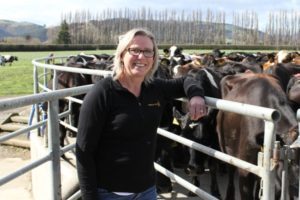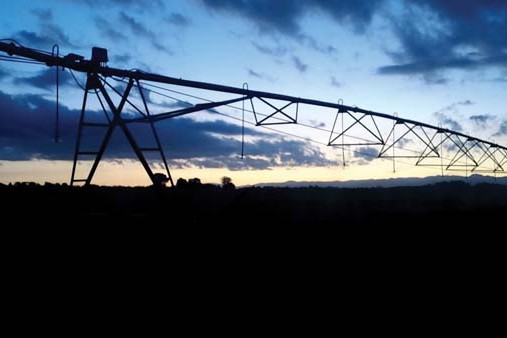Anne-Marie Wells tries to extract herself from the bog of compliance paperwork.

Compliance. To this dairy farmer, the word ‘compliance’ results in a bit of a groan, a roll of the eyes, and the feeling of the weight of endless, repetitive paperwork. It’s not that I don’t want our farm to be compliant, it’s just that it seems such a slog to prove it.
I belong to a small portion of the population who don’t mind office work, but I am yet to meet someone who became a dairy farmer because they love paperwork.
Our system of recording compliance information has morphed over the years, from waiting until the end of the season to translate scraps of paper and what we remembered happening over the year, to online recording as close to the event as possible.
There is certainly no shortage of recording tools, yet the lack of interaction between them and the need to enter data into several different places is incredibly frustrating, as is the headache of converting the metrics between them; dry weight, wet weight, kgs, tonnes, bales, %N. We prefer to tailor our mix of fertiliser for the needs of the farm, but it is tempting to start tailoring our mix of fertiliser to the options in the drop-down list to make reporting easier.
When I think about what I do in terms of other administration for the farm, that has changed a lot over the last few years. I saw those changes as exciting steps, even though it took time to learn new methods. So why is compliance so difficult? I believe some of it is to do with the word itself.
According to the Collins Pocket English Dictionary, compliance is a noun, meaning:
- Complying with a request, demand, etc.
- A tendency to give in to others
A thesaurus search on ‘compliance’ in Microsoft Word returns:
- Obedience
- Agreement
- Passivity
- Observance
- Conformity
- Fulfilment
- Defiance
- Accordance
- Submission
With regards to farming, compliance feels very much like the negative aspects of the definition of the word – obedience, submission, passivity, conformity. We feel we are being told what to do and must give in and obey. On top of that, what defines compliance and how we show it can seem an ever-changing goal.
What if we see compliance through the other definitions – observance, fulfilment, accordance, agreement?
Farmers are observant. They see what is happening with the weather, grass growth, animal health, etc. and adapt to get the best possible outcome. Farmers make management decisions in accordance with the latest industry recommendations and feel a sense of fulfilment as they near or reach best practice targets (such as hitting the guideline six-week in-calf rate).
When it comes to compliance requirements, at least we get a fair bit of notice before changes take place (certainly more notice than we get for a weather event), and we also get a fair bit of help to guide us through the changes. I just wish the recording tools were more compatible.
I will try to think of the positive definitions of compliance. A good start will be the sense of fulfilment that comes from the additional milk payment made for meeting compliance standards.





